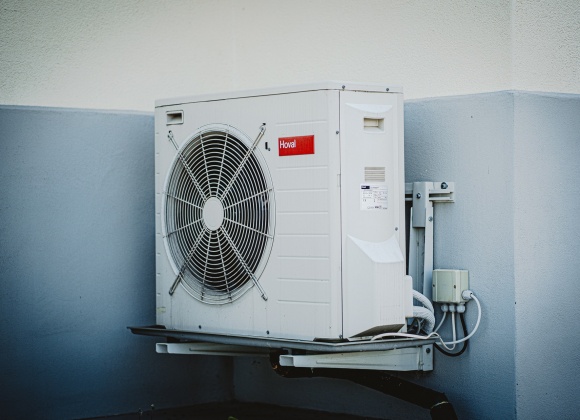Shaping Tomorrow's Skyline: Edinburgh's Commercial Property Market Embraces Energy Efficiency
Nestled amidst the historic charm of cobblestone streets and medieval architecture, Edinburgh’s commercial property market has quietly undergone a transformative journey towards energy efficiency over the past two decades. As concerns about climate change have surged globally, Edinburgh, like many other cities, has recognized the imperative to reduce carbon emissions and embrace sustainability. In this blog, we delve into the significant changes that have unfolded within Edinburgh’s commercial real estate sector regarding energy efficiency, tracing its evolution over the past 20 years.
The Early 2000s: A Foundation for Change
Two decades ago, energy efficiency in commercial properties was not a prominent consideration in Edinburgh’s bustling real estate market. The focus was primarily on aesthetics and functionality, with little attention paid to environmental impact. However, as awareness of climate change began to grow, policymakers initiated measures to lay the groundwork for a more sustainable future. Building regulations were introduced to establish minimum standards for energy performance, marking the beginning of Edinburgh’s journey towards greater energy efficiency.
Mid-2000s to Early 2010s: A Shift in Perspective
As the threat of climate change became increasingly apparent, a notable shift occurred in the mindset of Edinburgh’s commercial property market. Developers and property owners started recognizing the importance of energy efficiency not only as a moral obligation but also as a strategic business imperative. Green building certifications such as BREEAM (Building Research Establishment Environmental Assessment Method) and LEED (Leadership in Energy and Environmental Design) gained prominence, incentivizing developers to prioritize sustainable design and construction practices.
During this period, retrofitting existing buildings emerged as a key focus area. Aging commercial properties underwent energy audits, and measures such as improved insulation, energy-efficient lighting, and upgraded HVAC systems were implemented to enhance energy performance and reduce operational costs. Government incentives and financial schemes further encouraged property owners to invest in energy-saving initiatives, laying the groundwork for a more sustainable built environment.
Mid-2010s to Present: Innovation Drives Progress
In recent years, Edinburgh’s commercial property market has witnessed a surge in innovation and technological advancements aimed at enhancing energy efficiency. With mounting pressure to meet ambitious sustainability targets, property developers and owners have embraced cutting-edge solutions to reduce carbon emissions and minimize environmental impact.
One notable trend in recent years is the integration of renewable energy sources into commercial properties. Solar panels, wind turbines, and geothermal systems are increasingly being incorporated into building designs, allowing properties to generate clean energy onsite and reduce reliance on fossil fuels. Moreover, smart building technologies, including advanced energy management systems and IoT (Internet of Things) sensors, are revolutionizing how commercial properties are monitored and controlled, optimizing energy usage in real-time.
The Future of Edinburgh’s Commercial Property Market
Looking ahead, the trajectory of energy efficiency in Edinburgh’s commercial real estate sector appears promising. With growing public awareness and regulatory pressures to address climate change, the demand for energy-efficient buildings is expected to continue rising. Businesses are increasingly prioritizing sustainability in their real estate decisions, recognizing the long-term benefits of occupying environmentally responsible properties.
Furthermore, as advancements in technology and building practices continue to accelerate, Edinburgh’s skyline is poised to undergo a transformation towards greener and more sustainable developments. From innovative design solutions to renewable energy integration, the city’s commercial property market is paving the way for a more environmentally conscious future.
In conclusion, Edinburgh’s commercial property market has made significant strides in energy efficiency over the past 20 years, reflecting the city’s commitment to sustainability and environmental stewardship. From modest beginnings to a future defined by innovation and progress, Edinburgh stands as a beacon of sustainable development, shaping tomorrow’s skyline while preserving its rich heritage and charm.



